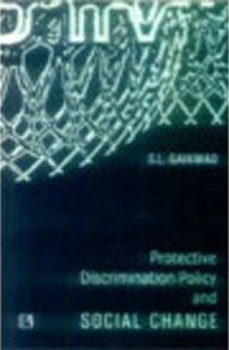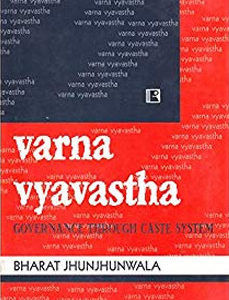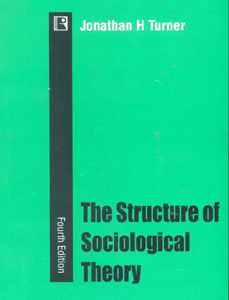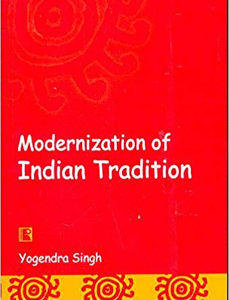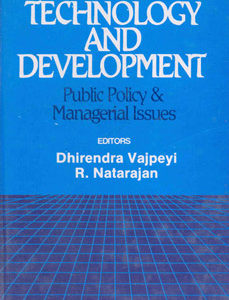Description
The book analyzes the important changes in the conditions of scheduled castes as a result of improvement in their educational and occupational status with the help of state action. The role of the Protective Discrimination Policy in accelerating the process of change has been closely examined.
Supported by rich empirical data and sound theoretical analyses, the issues addressed include importance of educational opportunities for them; uneven utilization of various facilities by different scheduled caste groups and forwards and backwards among them; experiences of discrimination; the social distance they perceive in their interactions and interrelations with the caste Hindus; etc.
The scholar and policy-maker both can benefit from it.

